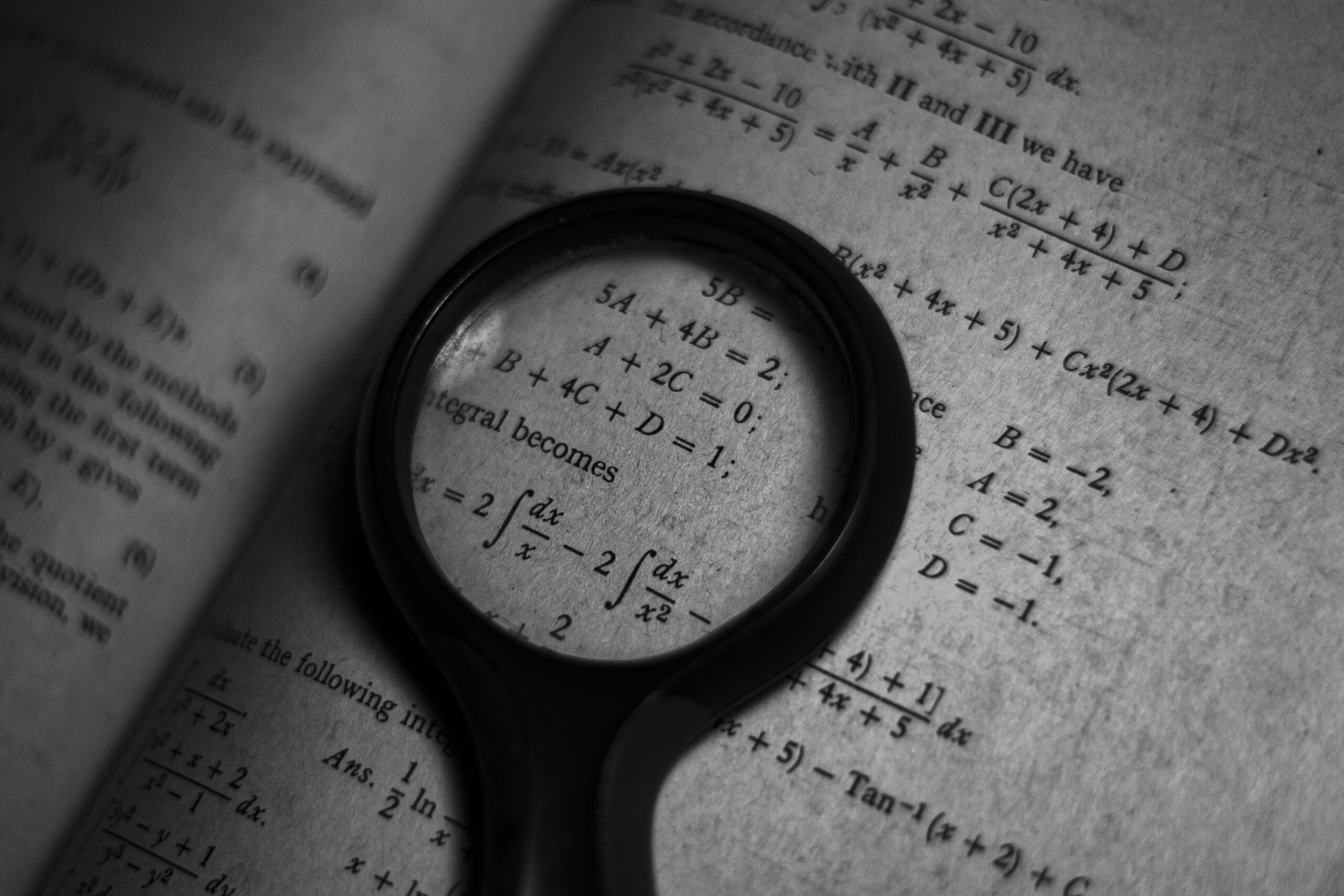The History of Mathematics: From Ancient Times to Modern Applications
Mathematics is often called the language of the universe, and for good reason. From ancient civilizations using math to measure land and track celestial movements to modern innovations like artificial intelligence and space exploration, math has been the foundation of human progress. Let’s take a journey through the history of mathematics and see how it evolved into the powerful tool we use today.
Ancient Beginnings: Math in Early Civilizations
Math has been around as long as humans have needed to solve problems. Ancient civilizations like the Babylonians and Egyptians used math for practical purposes such as farming, trade, and construction.
- Babylonians (circa 2000 BCE): They developed one of the first numeric systems based on 60, which is why we have 60 seconds in a minute and 360 degrees in a circle today.
- Egyptians (circa 3000 BCE): Famous for building the pyramids, they relied on geometry to measure land and construct these massive structures with incredible precision.
Even without formal equations, these societies laid the groundwork for geometry, arithmetic, and basic algebra.
The Greeks and the Birth of Abstract Math
The Greeks brought math from practical applications to abstract thought, creating concepts that still influence us today. Mathematicians like Pythagoras, Euclid, and Archimedes studied geometry, number theory, and mechanics.
- Pythagoras: Known for the Pythagorean Theorem, he explored relationships between numbers and shapes.
- Euclid: Often called the “Father of Geometry,” his work Elements organized mathematical knowledge into a system still studied today.
- Archimedes: A genius inventor, he used math to design war machines and study the properties of levers and buoyancy.
The Greek approach to logic and proofs became the cornerstone of modern mathematics.
Mathematics in the Islamic Golden Age
From the 8th to 14th centuries, the Islamic world became a hub for mathematical innovation. Scholars translated Greek and Indian texts, adding their discoveries to create algebra and refine number systems.
- Al-Khwarizmi: Known as the “Father of Algebra,” his work introduced systematic methods for solving equations. The word “algorithm” comes from his name!
- Decimal System: The Hindu-Arabic numeral system (the numbers we use today) was refined and popularized during this period.
These advances paved the way for modern computation and engineering.
The Renaissance and the Scientific Revolution
The Renaissance (14th–17th centuries) reignited interest in math, science, and art. Mathematicians began to explore new fields like calculus, probability, and projective geometry.
- Leonardo da Vinci: His art and inventions were heavily influenced by math, particularly geometry and proportion.
- Isaac Newton and Gottfried Wilhelm Leibniz: Independently developed calculus, a tool essential for understanding motion, physics, and engineering.
- Blaise Pascal: A pioneer in probability theory, laying the foundation for statistics and risk analysis.
Math became essential for exploring the natural world, from planetary motion to the laws of gravity.
Modern Mathematics: Shaping the Future
In the last few centuries, math has become more specialized and interconnected with other disciplines. Fields like statistics, data science, and computational math now drive innovation in medicine, engineering, and technology.
- The Digital Age: Binary math is the backbone of computer science, enabling everything from smartphones to the internet.
- Space Exploration: Math guides space missions, helping us land on the Moon and send probes to distant planets.
- Artificial Intelligence: Algorithms and linear algebra power AI systems that revolutionize industries like healthcare, finance, and entertainment.
The applications of math today are almost limitless, and its importance continues to grow as new challenges emerge.
Why Math Matters
Looking back, it’s clear that math has been a constant companion in humanity’s quest for understanding and innovation. It’s not just about numbers or equations—it’s a tool that unlocks the secrets of the universe, from the smallest atoms to the largest galaxies.
Whether you’re interested in engineering, coding, or even art, math is a universal skill that opens doors to countless opportunities. So, the next time you’re solving a problem or working on a math puzzle, remember—you’re participating in a tradition that has shaped human history for thousands of years.

